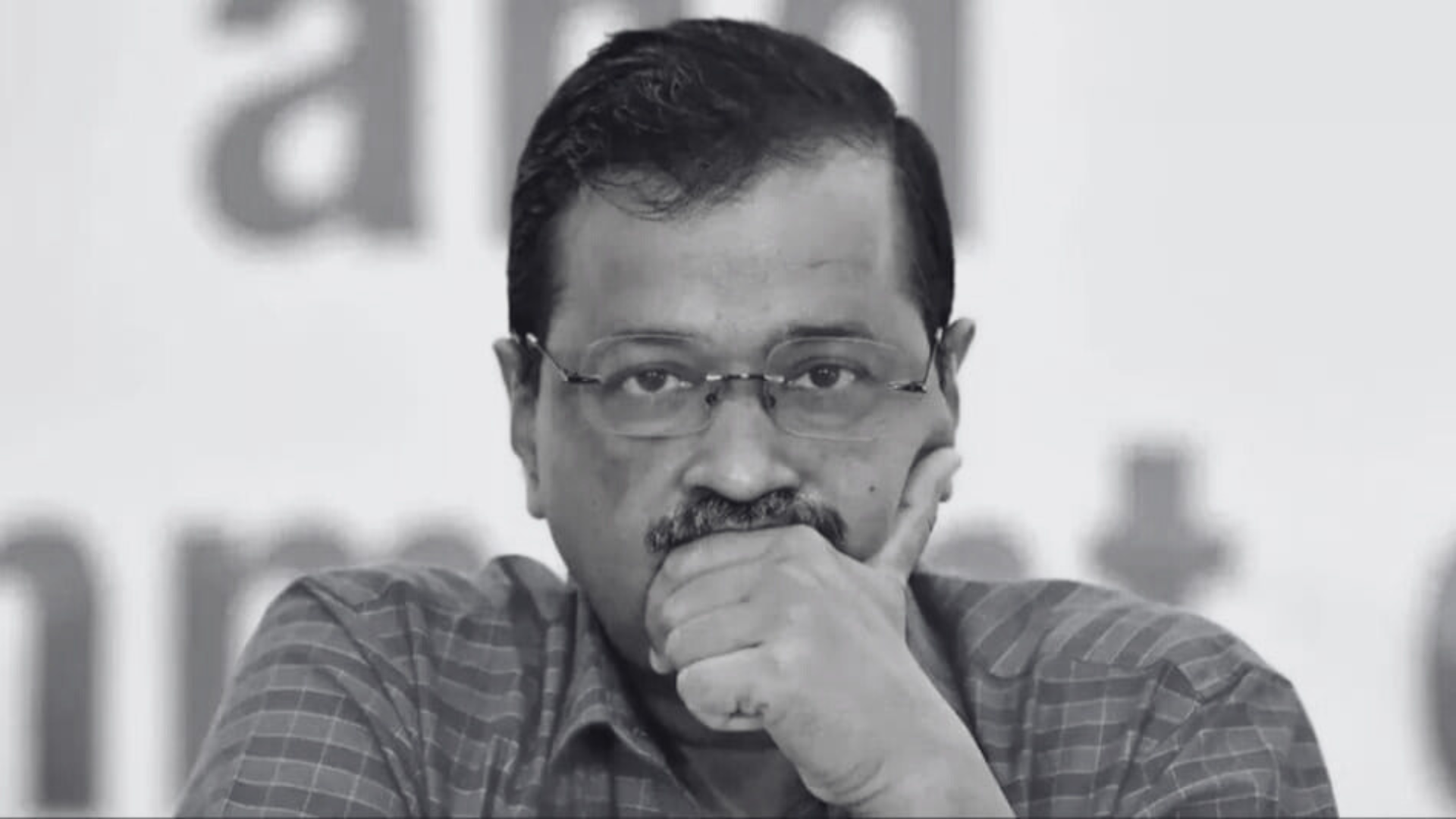In a surprising development, Delhi Chief Minister Arvind Kejriwal announced his resignation at a party meeting just two days after being granted bail and released from prison. In his address, Kejriwal declared, “I will step down as Chief Minister in two days. I will not resume this role until the people of Delhi determine my fate. Having received justice from the courts, I now seek it from the people. I will only return to office with their mandate.”
Kejriwal urged Delhi voters to decide his innocence or guilt through the upcoming election. He also revealed plans for a meeting of Aam Aadmi Party (AAP) MLAs within the next two days to select a new Chief Minister. Additionally, Kejriwal has called for Delhi’s municipal elections, initially scheduled for February, to be advanced to November to coincide with elections in Maharashtra.
Bail Conditions Imposed on Kejriwal
The Supreme Court granted bail to Kejriwal on September 13, 2024, in connection with the CBI’s investigation into the Delhi excise policy case. This decision follows his earlier bail in the Enforcement Directorate case on July 12, 2024. The Court set several conditions for his release:
- Prohibition on Visiting Official Offices: Kejriwal is barred from visiting the Office of the Chief Minister and the Delhi Secretariat.
- Restrictions on Signing Official Documents: He is only permitted to sign official files if it is deemed “required and necessary” for obtaining clearance from the Lieutenant Governor of Delhi.
- Restrictions on Public Comments: Kejriwal must refrain from commenting on his role in the case interacting with witnesses or accessing official case files.
- Mandatory Court Appearances: He is required to attend all trial court hearings unless exempted and must cooperate fully with the trial process.
Justice Bhuyan expressed reservations about the restrictions on visiting official offices and signing files but chose to maintain judicial discipline.
Potential Impact of Bail Conditions
Restrictions on Office Visits: Although Kejriwal is restricted from visiting the Chief Minister’s office and the Delhi Secretariat, this may not significantly hinder the functioning of the government. Senior AAP leaders suggest that Cabinet meetings can be conducted via circulation, allowing files to be processed and signed remotely before being forwarded to the Lieutenant Governor.
Restrictions on Signing Files: The condition limiting Kejriwal’s ability to sign files might not drastically affect his governance role. Delhi’s unique federal status means that many decisions require the Lieutenant Governor’s approval. Despite these conditions, Kejriwal’s signature remains necessary for a substantial portion of government work.
The impact of these conditions on daily governance and administrative operations is expected to be manageable, with the government continuing to function effectively under these constraints.
Historical Context: The issue of the Chief Minister’s signature has previously caused friction, with Delhi’s L-G emphasizing the need for the CM’s personal approval on files to ensure smooth governance. This situation underscores the ongoing tensions between the Delhi government and the Lieutenant Governor’s office.
Key Takeaways:
- Arvind Kejriwal’s resignation follows bail conditions imposed by the Supreme Court.
- Bail conditions restrict Kejriwal from visiting official offices and signing certain documents.
- These conditions are expected to have a manageable impact on governance and administrative functions.


















